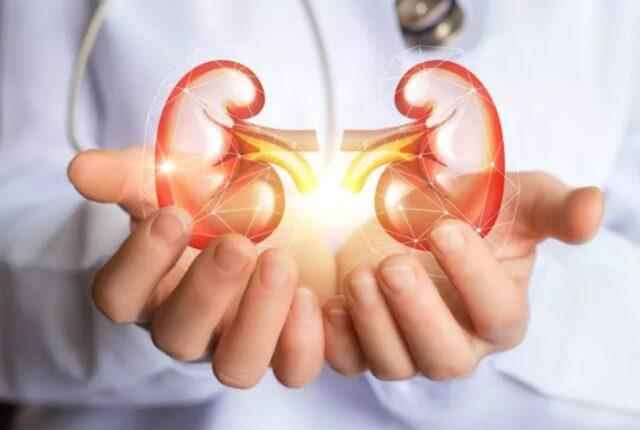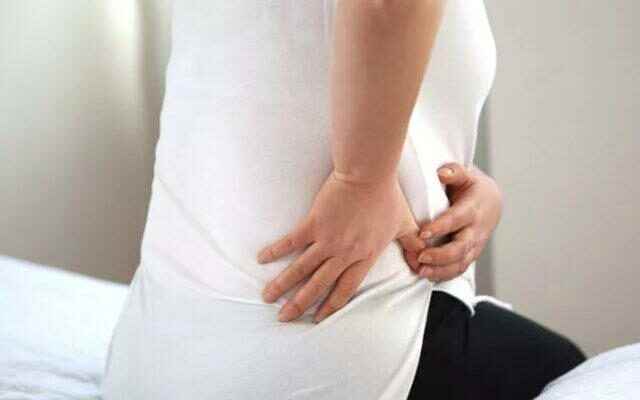Our kidneys, which are responsible for filtering excess fluid and waste from the bloodstream, perform a very important function in your body. But if you have chronic kidney disease (CKD), the kidneys are damaged and can no longer filter blood as well as a healthy organ can. This causes waste to build up over time, kidney failure and other serious health problems including heart disease, anemia, bone disease, nerve damage, hypertension and more.
EARLY DIAGNOSIS IS VERY IMPORTANT
According to a 2017 fact sheet released by the Centers for Disease Control and Prevention (CDC), approximately 30 million Americans are currently living with chronic kidney disease. The vast majority of people with early-stage kidney disease – 96 percent – are unaware that they have CKD. A study published in October 2022 in the New England Journal of Medicine points out that this poses a serious problem, as this stage is “the period when treatments to prevent progression are most effective.”
URINE AND BLOOD TESTS CAN DIAGNOSIS
In stage 1 CKD, the kidneys still work well, but you may experience mild physical damage to the kidneys. Doctors can typically diagnose Stage 1 kidney disease based on simple urine and blood tests. Those with early-stage kidney disease are likely to have protein in their urine and excess creatinine (a waste product produced by the muscles) in their blood.
SYMPTOMS APPEAR AFTER

Symptoms are more likely to appear later in the course of the disease. These can include weight loss, fatigue, shortness of breath, insomnia, muscle cramps, swelling in the ankles, feet or hands, itchy skin, nausea or vomiting, chest pain, and more. Some men experience erectile dysfunction in the later stages of CKD.
SOME PEOPLE RISK MORE
People with certain underlying conditions have an increased risk of developing CKD. Especially those with diabetes, high blood pressure and high cholesterol, and especially those with more than one of these conditions, are at higher risk of developing kidney disease than those who do not. Additionally, people who are obese, have a personal history of heart disease or a family history of kidney disease have an increased risk of developing CKD.
RAPID TREATMENT CAN SLOW PROGRESS

Getting tested regularly and getting prompt treatment if diagnosed can help slow the progression of CKD. “While the damage to your kidneys is irreversible, there is a lot you can do at this stage to keep your kidneys in good working order for as long as possible,” says the American Kidney Fund.
TO PROTECT KIDNEY HEALTH

- regular exercise
- Control of body weight
- Balanced diet
- quitting smoking
- Limiting alcohol consumption
- adequate fluid intake
- Annual physician check-up
- Reducing salt intake
- Unconscious drug consumption
